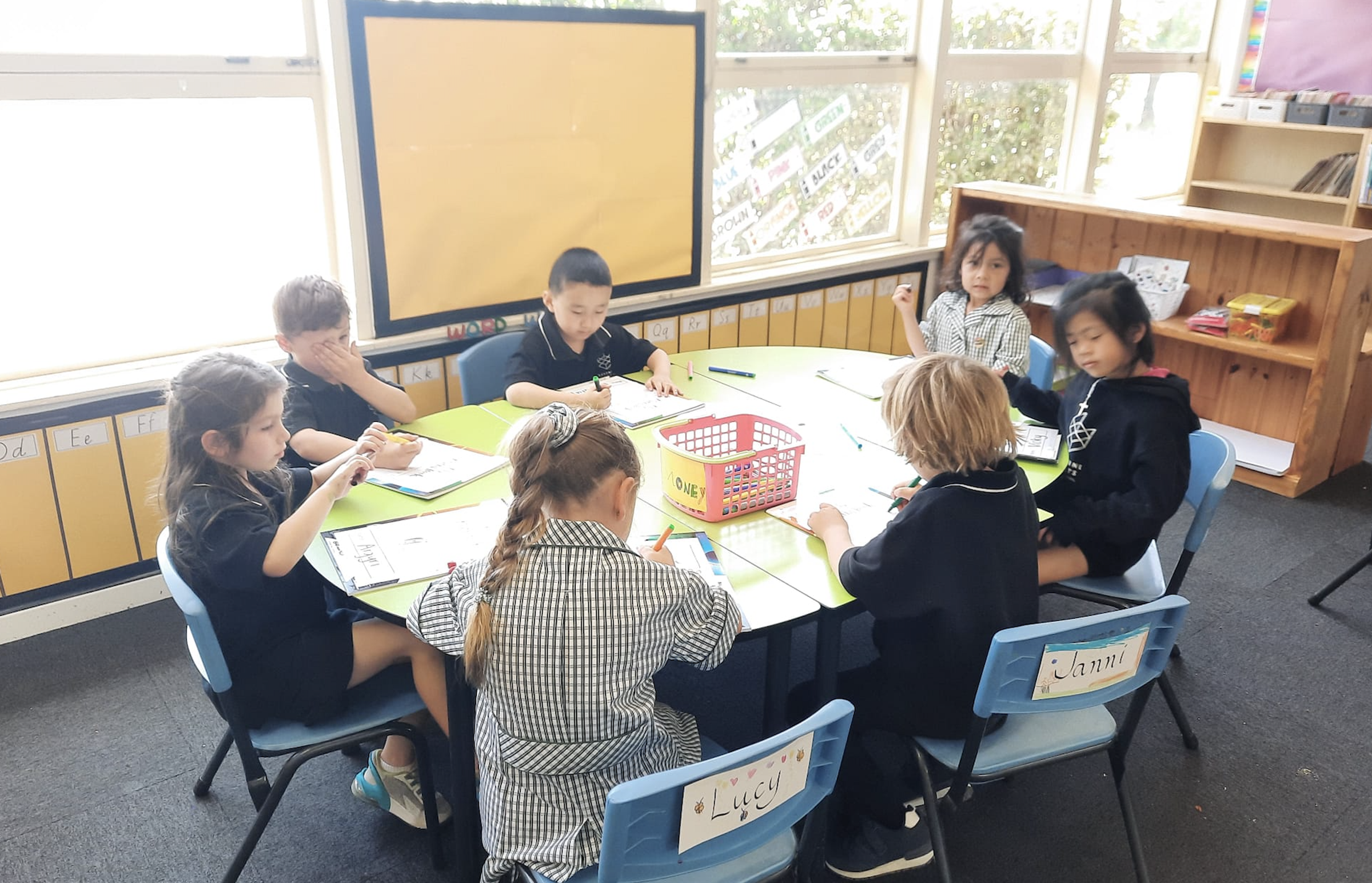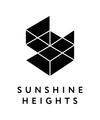Word Study/Maths

Prep students will be exploring the letters in their name and how to write it with lower case letters and a capital at the start. Families can support this work at home by encouraging your child to write their name on any drawings they do, and write it with different materials like chalk or in sand.
Prep students will develop their Phonological Awareness- which is hearing and changing sounds in spoken words. This work is important as it supports our students’ reading development. Preps will begin by exploring syllables and finding the ‘beats in the words’. They will also be noticing which words rhyme and then making their own rhyming words. At home, you can support this work by counting and clapping the beats in words. You could use the names of people in your family; like “Mum-my” “Da-vid”. Read books that rhyme and ask your child- “Can you hear the words that sounds the same? Can you make up another word that rhymes?”
At Sunshine Heights Primary school, we are trained in the Sounds-Write program, which is a phonics approach to the teaching of Reading. We begin with the sounds in language and move to the sounds in written words. In Term One, we will be teaching students that sounds can be represented by one letter, beginning with the sounds /a/, /i/, /m/, /s/, /t/. We will be building, spelling and reading words like mat, Tim, it, am, and at.
If you would like to learn more about the Sounds Right program, please click on this link https://www.sounds-write.co.uk/page-96-video.aspx
Our Prep students will celebrate and count every day they have been at school, we call this the ‘Number of the day’. Our students LOVE to use the calendar to mark off the day and flip the number of the day on the hundreds chart.
Students will be given daily opportunities to explore and solve real life mathematical problems through play and explicit teaching experiences. They will develop a deep understanding of numbers to 10 including the relation to other numbers using a range of materials. They will compare and order the duration of events using everyday language of time, recognise and sequence days of the week and connect them with familiar events. They will also learn to describe position and movement using everyday language.


